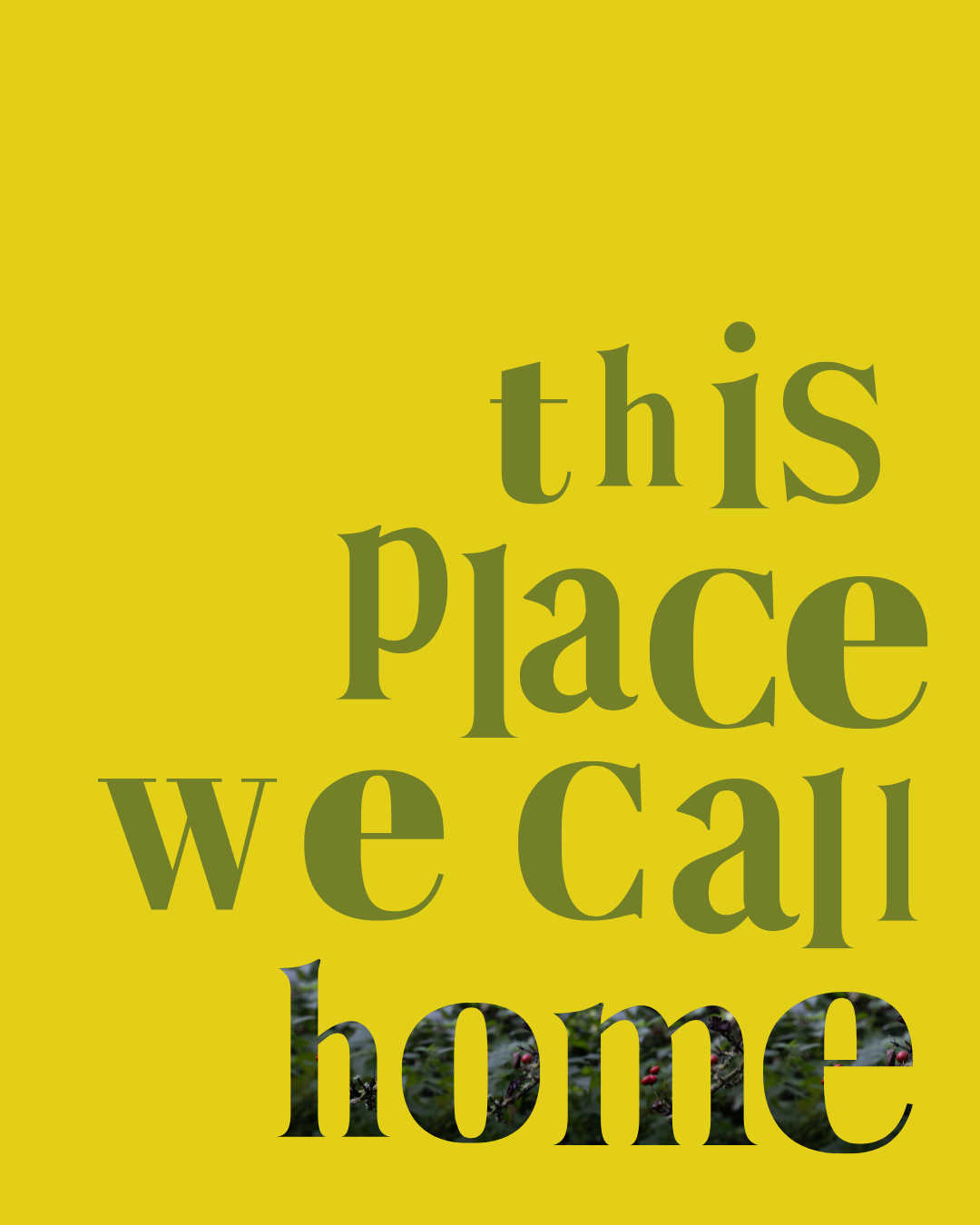The regeneration revolution: Part three – action
Exploring regenerative cultures through resilience, hope and action
The term ‘regenerative culture’ can feel overwhelming, leading us to think that in order to restore our ecosystems, we need big infrastructure, funding and a team of experts. But, whilst it does take collective action to bring about significant change, there are small steps we can take on an individual level that feed into this collective effort.
As with most intentional shifts in life, change has to start with you – so here are some steps you may wish to take at the start of your regeneration revolution journey.
How can we nurture a regenerative culture?
Find peace within ourselves
Ultimately, fostering a regenerative culture entails restoring peace to a planet we have damaged. Yet, to do this, we must first acknowledge that we are part of nature, and finding peace within ourselves takes us one step closer to affecting real change.
We need to move away from the idea that we are just cogs in a machine, build resilience, build community, reconnect with the earth and with what makes us feel alive. This could be as simple as going for a walk to break doom scrolling patterns, attending a meditation class, or eating food from your own garden.
Be inspired!
It’s important to understand the impact that humanity (particularly those in the Global North) has had and is having on our planet. But let’s face it, eco-anxiety is real – and it’s overwhelming.
So, learning from what has been done, from long term planet-positive projects, from trailblazing communities and from climate leaders, is key to staying hopeful and remaining proactive.
In a world where the powerful few want us to exist in guilt, worry and shame – it’s time to rebel, find light and life. Explore regenerative projects from around the world on Buckminster Fuller Institute’s map of inspiring videos, watch the Seat at the Table series by earthrise.studio and engage with those making planet-positive strides in the social media sphere like ecological food grower Poppy Okotcha and Joshua Kwaku Asiedu, showing life in his self-built eco-village and steps to natural farming.
Discover a project that resonates with you, your goals and your skillset – how can you turn your love for the planet into action?
Find community
One of the trigger points for eco-anxiety is the idea that we are alone in our feelings. Yet, history has taught us that to create real and lasting change, we need to take strides together. So, here are some ways you can find community when facing the climate crisis:
Join a group
Whether it’s your local city farm or a grassroots campaigning group, meeting like-minded people and healing the planet together can help you feel less alone.
Listen
When you have a million thoughts racing around in your mind, it can be hard to shut out the noise. Yet part of building a regenerative culture means cutting the chatter and listening to those that need to be heard.
Whether it’s finding out how you can be helpful in the climate movement, or hearing from those on the frontlines of the crisis – listen to learn how you can amplify the voices that are often silenced.
Learn
As the old adage goes, knowledge is power. So, if you’re feeling powerless to the planet’s problems, equip yourself!
Organisations like Force of Nature and Teach the Future shine a light on how our education systems are failing us. We aren’t taught enough, if anything about climate change, and we certainly aren’t taught about solutions or the impacts of climate anxiety.
So, take the time to talk to others, read, listen, watch, do, and teach yourself. Be mindful of incorporating peaceful practices in there, too. Being an activist behind the banner of every protest is impressive, but it’s also draining. Start by balancing your more ‘out there’ activity with slower learnings, to ensure your impact has longevity.
Take gardening for example, if you’re feeling the disconnect between you and the great outdoors – it might be time to find your green thumb! Why not take a course on regenerative growing or permaculture, or simply begin by planting a tomato seed on your windowsill to start a mini urban garden? Big or small, it’s all about rediscovering a connection that many feel they have lost – and as this film, ‘A Growing Revolution’ highlights, “gardening is a facilitator of reconnecting to mother earth.”
If getting in amongst the dirt isn’t your thing, find something that is! It’s about doing something that makes you feel part of this wider natural process.
From wild swimming to walking, foraging or even forest bathing – take time to learn more about the regenerative systems that the earth is composed of, just by being a part of it.

